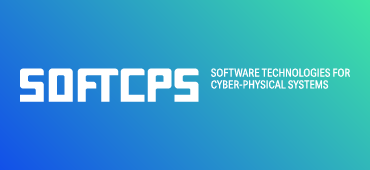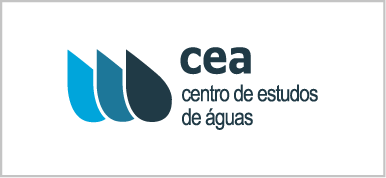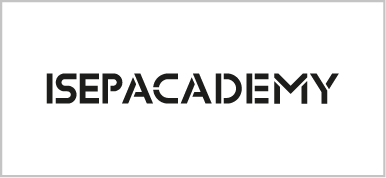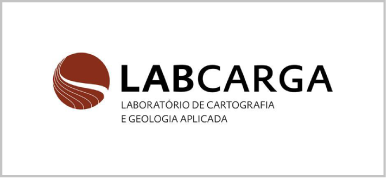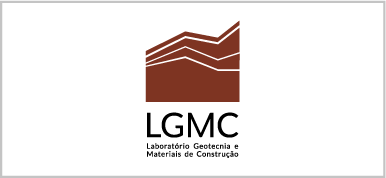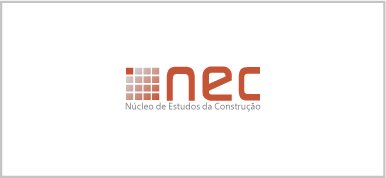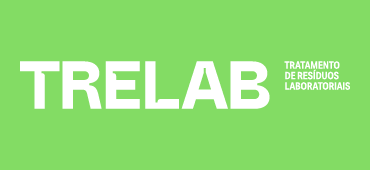
Workshops
Several workshops will also be available. If you wish, you may choose to participate in one of the following workshops:
Workshop # 1
Electrochemical MIP sensor for naloxone analysis
Naloxone (NLX) is a key opioid antagonist used worldwide to rapidly reverse overdoses of narcotics by binding to central nervous system receptors. While it is generally safe at standard doses, higher doses can lead to serious side effects, including cardiovascular issues, seizures, and cognitive impairment. Accurate NLX analysis, particularly in urine, is essential in medication-assisted treatment for opioid use, helping to monitor proper usage and prevent drug misuse. In this work, a disposable electrochemical sensor for NLX detection will be developed using a molecularly imprinted polymer (MIP) as synthetic receptor. A thin and uniform NLX imprinted film will be electrochemically deposited onto a commercial screen-printed carbon electrode (SPCE). Following an efficient NLX extraction process, specific molecular cavities will be created on the SPCE surface, enabling highly selective and sensitive detection.
This hands-on worshop will cover:
· MIP-based sensor fabrication.
· Electrochemical analysis techniques.
· Selective detection of naloxone.
Workshop #2
Metal-organic framework based electrochemical sensor for the analysis of a pharmaceutical pollutant
Pharmaceuticals are critical commodities for society but also constitute an environmental problem due to their misuse, negligent disposal and inefficient removal at wastewater treatment plants. The environmental monitoring of pharmaceuticals is very important to lay down regulations, preventive measures and courses of action. Electrochemical sensors are innovative analytical tools that can be applied for the in-situ detection of contaminants. This workshop envisages the development of a simple electrochemical sensor for the analysis of a widely prescribed pharmaceutical. The sensor will be based on the modification of a transducer with a metal-organic framework (MOF). This highly porous material enables the analyte’s concentration on the sensor’s surface, enhancing the analytical signal for a more efficient detection. The sensor’s fabrication and characterization will cover the use of different electrochemical techniques: amperometry, cyclic voltammetry and square-wave voltammetry.
This hands-on workshop will cover:
· Fabrication of a MOF-based sensor involving synthesis and electrodeposition.
· Electrochemical characterization and analysis through different electrochemical techniques.
· Calibration of the sensor.
Workshop #3
High-performance cathodes for Sodium ion batteries (SIBs)
As many are aware, we currently face a global energy transition aimed at reducing our reliance on fossil fuels. A key factor for this change is the integration of renewable energy sources. However, the intermittent nature of renewables such as solar and wind pose significant challenges in preserving a stable and reliable energy supply. To address this, effective energy storage systems is crucial. Several storage technologies are being explored to bridge the gap between energy production and demand, including supercapacitors, flywheels, and several battery chemistries. At VG CoLAB, our efforts are focused on sodium-ion batteries — an emerging and cost-effective alternative with strong potential for large-scale deployment.
To foster greater awareness and hands-on experience with this technology, we are organizing a practical workshop that will guide participants through the complete process of assembling sodium-ion batteries. This includes the synthesis of cathode materials, with a focus on Prussian Blue—a compound renowned for both its distinctive colour and its suitability as a cathode in sodium-ion systems. The workshop will also cover cathode fabrication and the assembly of coin cells, using safe and accessible materials.
As a highlight, we will present a working diorama powered by sodium-ion cells, demonstrating real-world applications and offering participants a comprehensive insight into the functionality and promise of this battery technology.
This hands-on workshop will cover:
· Synthesis of cathodes.
· Battery assembly process.
· Diorama with sodium batteries.
Workshop #4
Nanoparticle-based electrochemical biosensor for sensitive food analysis
Commercial food products must undergo strict quality control procedures to ensure safety and compliance, and provide accurate information to consumers. Labelling and health claims must be substantiated by robust scientific data. Therefore, the development and implementation of analytical methods for rapid, sensitive, and reliable analysis are critical. Voltammetric and amperometric biosensors have emerged as effective tools that address the analytical demands of the food industry, offering high specificity and operational efficiency. The integration of nanomaterials into biosensor designs, particularly gold nanoparticles, enhances the analytical performance by improving signal transduction, sensitivity, and overall robustness of the sensor. This workshop involves the construction and use of an electrochemical immunosensor for the detection of trace levels of potentially hazardous ingredients in food products. The experimental procedure consists of the electrodeposition of gold nanoparticles onto screen-printed electrodes and a sandwich-type immunoassay with amperometric detection. Additionally, analyte extraction from complex matrices and validation of the results using a conventional method will be addressed.
This hands-on workshop will cover:
· Electrode surface nanostructuration with gold nanoparticles.
· Sandwich-type assay with amperometric detection.
· Analysis of food samples.
· Comparison of the results with a conventional method.


















